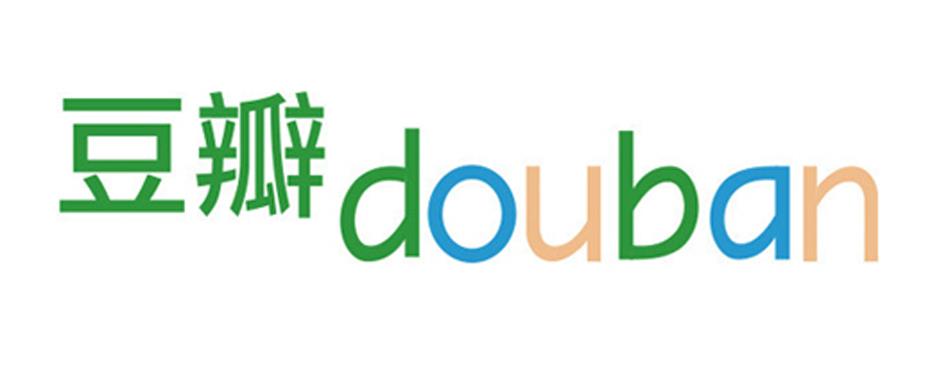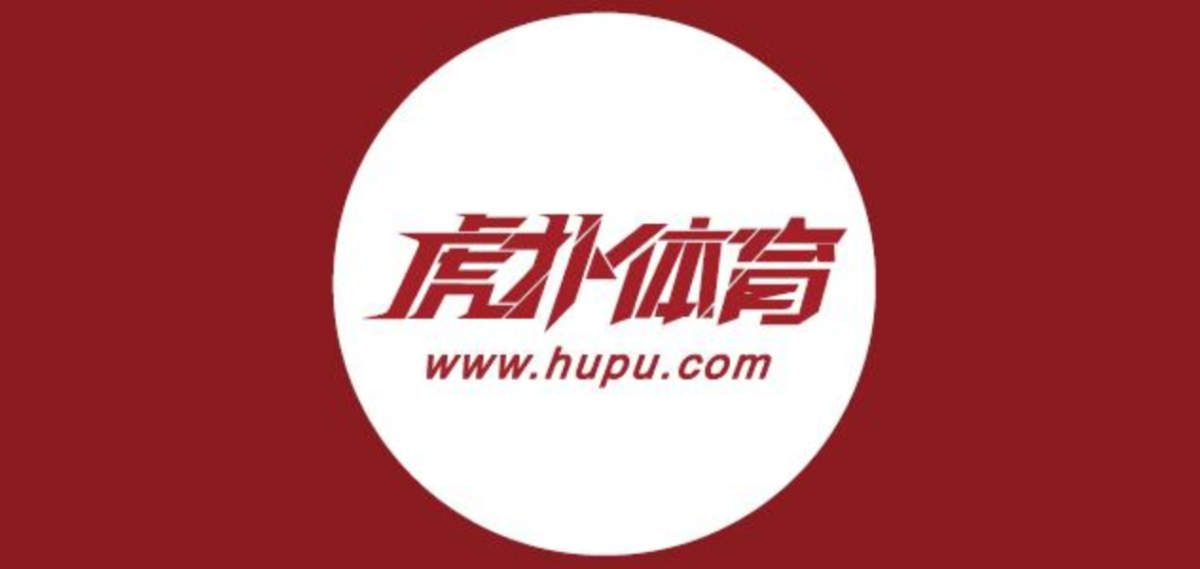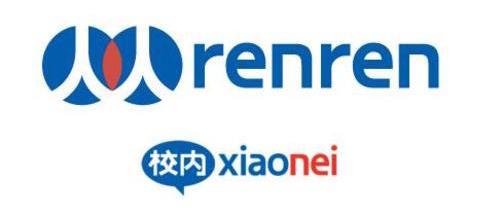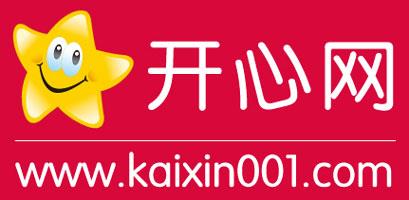WeChat is the one and only all-encompassing app that you can’t live without in China. Let’s forget, for a moment, about the fact that you can pay bills with WeChat, order taxis and food, play games, rent bikes, find nearby strangers… Technically speaking, at its essence, WeChat is an app for communication — and private communication, at that, as you can’t have a direct conversation with anyone who is not an approved friend. But it expanded into what amounts to a blog, though with its own ecosystem, completely separate from what’s happening on the greater World Wide Web. It is a media platform in which you’ll find all types of original content (and a lot of pirated content, but we’ll leave this topic for another day), from food reviews and celebrity gossip to investigative journalism and op-eds.
Sina Weibo has often been compared with Twitter, but like a lot of Chinese platforms, it has a bit more functionality than its counterpart. For one, it allows for longer messages, and was letting users post multiple photos long before Twitter; no wonder the company recently surpassed Twitter in total users. Sina Weibo is the largest “Weibo” company — the word itself means “microblog” — and as a result, many people use the word Weibo to mean, specifically, Sina Weibo. (Tencent Weibo won’t be happy to hear that, but it’s a battle it’s already lost.)
Compared with WeChat, Weibo is more of an open space where strangers can comment on posts, exchange opinions, and see what everyone else has written (whereas in WeChat, you can only see the comments made by those in your immediate friends circle). If you’re curious to know Chinese public opinion about a breaking piece of news, Sina Weibo is the best place to go.
Key features of Weibo:
- Follow the accounts that interest you; in particular, media accounts will offer breaking news. Some really good ones include Taotiao News, Beijing News, and Vista.
- Weibo will list the topics that are trending.
- You can send direct messages to Weibo users.
Baidu Tieba 百度贴吧
Baidu Tieba is a forum-like platform that has more than 19 million discussion groups. The closest equivalent is Reddit. Tieba was invented in 2003, six years before Weibo and eight years before WeChat. It enjoyed remarkable popularity among the early generation of internet users in China, who played a vital role in many historical moments in the history of the Chinese internet, such as the large-scale trolling of Taiwanese President Tsai Ing-Wen 蔡英文 in the wake of her election win in 2016, launched and organized by Diba 帝吧, a famous forum in the Tieba community.
Key features of Baidu Tieba:
- Browse subforums such as Wow Bar 魔兽世界, Li Yuchun Bar 李宇春吧, and Sun Lijun Bar 孙立军吧.
- Become the administrator of a forum.
- Establish whatever forum you like as long as it abides by Tieba regulations.
Zhihu 知乎
Zhihu is the largest knowledge-sharing platform on the Chinese internet. The way it operates is similar to Quora’s — users can either post questions or answer other users’ questions. Zhihu is usually where intellectual discussions happen due to the relatively high quality of its community. In the early days of Zhihu, users could only register by invitation. Although it’s now completely open to the public, Zhihu still seems to be a high-end social platform where professionals gather.
Key features of Zhihu:
- Ask questions for the group, or choose to answer what’s floating out there.
- Upvote answers that you like.
- Search posts by topic, such as art, business, music, games, photography, the internet, design, science, etc.
Douban 豆瓣

If you’re into books, music, film, and all sorts of arts, Douban is your jam. What’s impressive about this site is that since its launch in 2003, it has barely changed. The reluctance to evolve is partly by design, as it was created to be a users-first social platform that enables people to find those with similar interests in the online world. Every time Douban attempts to introduce a new feature, it’s met with fierce pushback, as users threaten to leave unless the defaults are restored.
Key features of Douban:
- Douban Film 豆瓣电影: The most trusted movie review site in China, i.e., the country’s IMDB.
- Douban Location 豆瓣同城: A directory for offline events in your city (here’s Beijing, for instance).
- Douban Group 豆瓣小组: Where you can find online communities of other members with whom you share similar interests or dislikes. Unlike Tieba, Douban has plenty of niche groups such as the “Parents are all toxic” group and “Delayed sleep phase syndrome” group.
Tianya 天涯社区
Established in 1999, Tianya used to be the most popular online forum among the first generation of Chinese internet users, who now are mostly in their thirties or forties. It also witnessed the golden age of the Chinese internet, when much of what is now considered “sensitive” (and might be censored) — such as pressing social issues and politics — could be discussed freely. But the rise of other social media platforms and the tightening control of online content has made Tianya lose its luster, especially among the younger generation of Chinese online users.
For now, the most active boards on Tianya are “Entertainment and Gossip” 娱乐八卦, which covers social topics well beyond its name, and “World of Feelings” 情感天地, where you can read a wide range of stories regarding relationships. Other honorable mentions include “Global Observation” 国际观察 for international politics, “Lotus Ghost Words” 莲蓬鬼话 for spooky stories, and “Guantian Teahouse” 关天茶社 for academic and literary discussions.
Jinjiang 晋江论坛
Jinjiang is an online discussion board under the literature site Jinjiang Literature City 晋江文学城. Users of Jinjiang are predominantly women who gather to discuss romantic and sexual relationships between males (Board No. 3) or to worship idols (Board No. 2). Jinjiang recently received mainstream press coverage, including from Western media, for its role in spawning the term Little Pink to describe China’s young cybernationalists.
Hupu 虎扑
Hupu is a sports forum covering most types of sports, including basketball, football, and even esports. Founded in 2014, it started as an online media site dedicated to in-depth reporting about basketball. As the Chinese circle of basketball fans expanded significantly in the past decade, the site evolved into an all-around online sports community where basketball and football are the two main pillars to sustain its popularity.
Ironblood 铁血论坛

Ironblood is one of the biggest military fan sites, covering a comprehensive range of military-related topics. According to Jiang Lei 蒋磊, Tiexue’s founder and chief executive, the site’s name (“Ironblood” in English) was derived from a famous speech given by Prussian Prime Minister Otto von Bismarck in 1862, in which he declared, “Not through speeches and majority decisions will the great questions of the day be decided…but by iron and blood (eisen und blut).”
The phrase iron and blood then became symbolic of Bismarckian machtpolitik (“Power politics”), and when it was mixed with Chinese nationalism, the general spirit of Ironblood became extremely patriotic, pro-war, and anti-Western. With its 10 million registered users, most of Ironblood’s income comes from military-themed products, such as professional combat outfits of the Chinese People’s Liberation Army, and other patriotic items, such as the T-shirts it sold in 2006 that read “东海是我们的” — “The East China Sea is ours.”
Guokr 果壳
The founder of Guokr, Ji Xiaohua 嵇晓华, created Squirrel Group, an NGO that publishes blogs on popular science, in 2008. In 2010, this tiny group grew into Guokr Media with venture capital funding of $1 million, and the site now boasts a high-end community of scientists, experts, and professionals who write educational posts. The site’s mission is to popularize science and dispel rumors and fake news. And in the age of fake news, Guokr is more essential than ever. The most popular group on Guokr is “Rumor Pulverizer” 谣言粉碎机, which was created to debunk fake information.
Renren 人人网
Once dubbed China’s Facebook, Renren has suffered a downturn and might not be far from its demise. It was originally known as Xiaonei 校内, “On Campus,” which was appropriate considering that college students were its target users. The site changed its name to Renren — meaning “everyone” — in the hopes of expanding its user base. But the arrival of WeChat, which is backed by internet giant Tencent, quickly stole its users and sent Renren into a steep decline. Although the site is still alive, its paltry number of daily active users has made it all but irrelevant. Since the company listed its shares on the New York Stock Exchange in 2011, its stock has plummeted by nearly 90 percent, equivalent to the loss of $5 billion in paper value.
Kaixin001 开心网
Another casualty of the sweeping popularity of WeChat is Kaixin001, which is very much like Renren except that it’s for urban white-collar workers. You probably know Kaixin001 best for creating a bona-fide fad in 2009 with the online social game Happy Farm, which allows users to plant vegetables and steal crops from others. According to Tech in Asia, the game at its peak had 23 million daily active users in China in 2009. But due to the decline of Kaixin001, Renren, and some other social platforms, the game studio behind Happy Farm met its end in 2012, marking the death of “China’s first hit social game.”





.png)










 By: N. Peter Kramer
By: N. Peter Kramer

